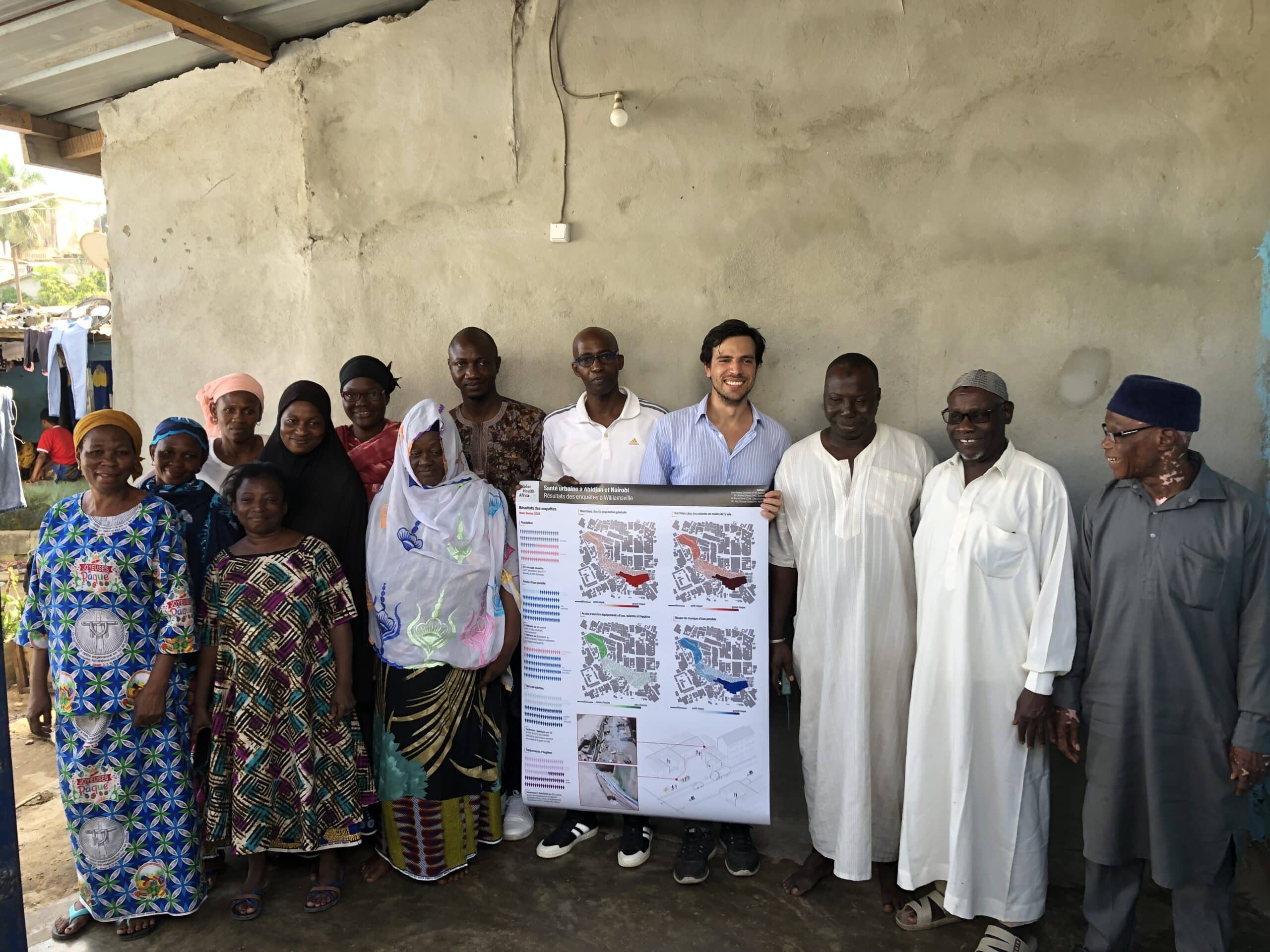Reflections on the Pandemic
Reflections on the Pandemic
By Doris Osei-Afriyie, Household Economics and Health Systems Research, Swiss TPH
It has been three months since the majority of the world went into lockdown and things are slowly beginning to go back to normal. The things we used to do so habitually such as hugging and shaking hands are now done with caution. This is my first time putting my thoughts of what has happened and is happening on paper through the lens of a public health professional who has both lived and worked for a few of the organizations leading the response. After three months of quarantine in my apartment, reading and watching the updates, below are key things I have learned. Here we go…
This pandemic has amplified a lot of what some leading voices in global health have been advocating for: those innovative solutions do not only come from the west and that we cannot simply apply western ideas in the global south. Prior to this pandemic, if we had to predict which countries would be over-burdened by the response, no one would have predicted the U.K. or the U.S. to be on that list. What we have seen are success stories coming out from countries like Vietnam and Ghana where they have led their own response by developing their own strategies. For global health, to be truly “global”, we need new voices of leadership and the willingness to learn from unexpected places.
This brings me to my second point, which is the humility in our work. In this line of work, we build our careers to become experts in a specific sub-field – an expert in health systems, malaria epidemiology etc., and during a forum or conference we are called upon to bring this expertise on an issue. To align myself with these expectations, I have yearned to become “the” expert, to know everything about my specific-sub-field of health systems. What a public health crisis like this pandemic has shown me is that it is impossible to know everything even after reaching this destination of being called an “expert”. I will not know everything and it is okay to humbly admit that but we all can strive to learn from others. I believe the public we are aiming to serve would be more trusting and appreciative if we more readily admitted that, rather than coming up with a response we may be uncertain about just to maintain our position as “experts’.
Speaking of the public’s trust, this reminds me of a conversation I had with my aunt who did not understand why the Madagascar COVID-prevention concoction could not just be endorsed and distributed to the masses. I had to break down why a randomized control clinical trial is needed to test whether this concoction is both effective and safe before it can be accepted as treatment. After a long 30-minute discussion, she still did not get it. She insisted “these people (Malagasy) are not dying so why shouldn’t we also take it? After all we do not have anything to lose”. After attempting to explain and re-explain, I realized it was not leading anywhere. This pandemic has really shown how it is not just evidence that drives individuals’ behavior. Ideas, cultural norms, values and politics are so important and could sometimes actually trump evidence in promoting health-benefitting behaviors. Using evidence to convince our academic peers might be enough, but it might not be enough for the public. This is one of the many factors that makes public health difficult.
Public health is also difficult and challenging considering all the issues with which health is intertwined. This especially pertains to the global public health field, which has many actors with their own powers, and agendas, thus making impactful change seems daunting when these actors have their own perspective of what change should look like. This underscores the tremendous need for effective negotiations and diplomacy to make changes that would please all stakeholders and to make an impact on the populations. Academia can only do so much in preparing us for the reality of these complexities and for how to effectively manage them. Only experience can provide the best learning lessons on ways to navigate through this complex system.

Guinea-Bissau © Doris Osei-Afriyie
Another reason public health is challenging is because it also intersects with issues such as inequities, structural racism and post-colonialism that as a society we are still grappling with and have yet to overcome. The negative consequences of these issues sometimes show up in public health and their solutions will not only come from public health. So how do we move forward?
I know this sounds cliché but I truly believe the way forward is to have authentic multi-disciplinary partnerships and allies from various sectors and experts in the social sciences, technology, data science and business administration. The historians would have a valuable role in teaching us how we can learn from the past to do better in the future and how to be diplomatic managers to effectively maneuver the complexity of health systems. The sociologists also play an important role to inform us how to better integrate evidence with people’s experiences. In fact, the field of public health needs everyone with varying strengths and expertise to know how and what they can contribute to solve such complex issues. This pandemic has shown how a public health crisis can bring the whole world on its knees. Key partnerships will also be integral in catalyzing solutions that are not only produced in the Western Hemisphere. As public health professionals, we are obliged to promoting and supporting new voices in global health that seek innovative approaches from other disciplines.






